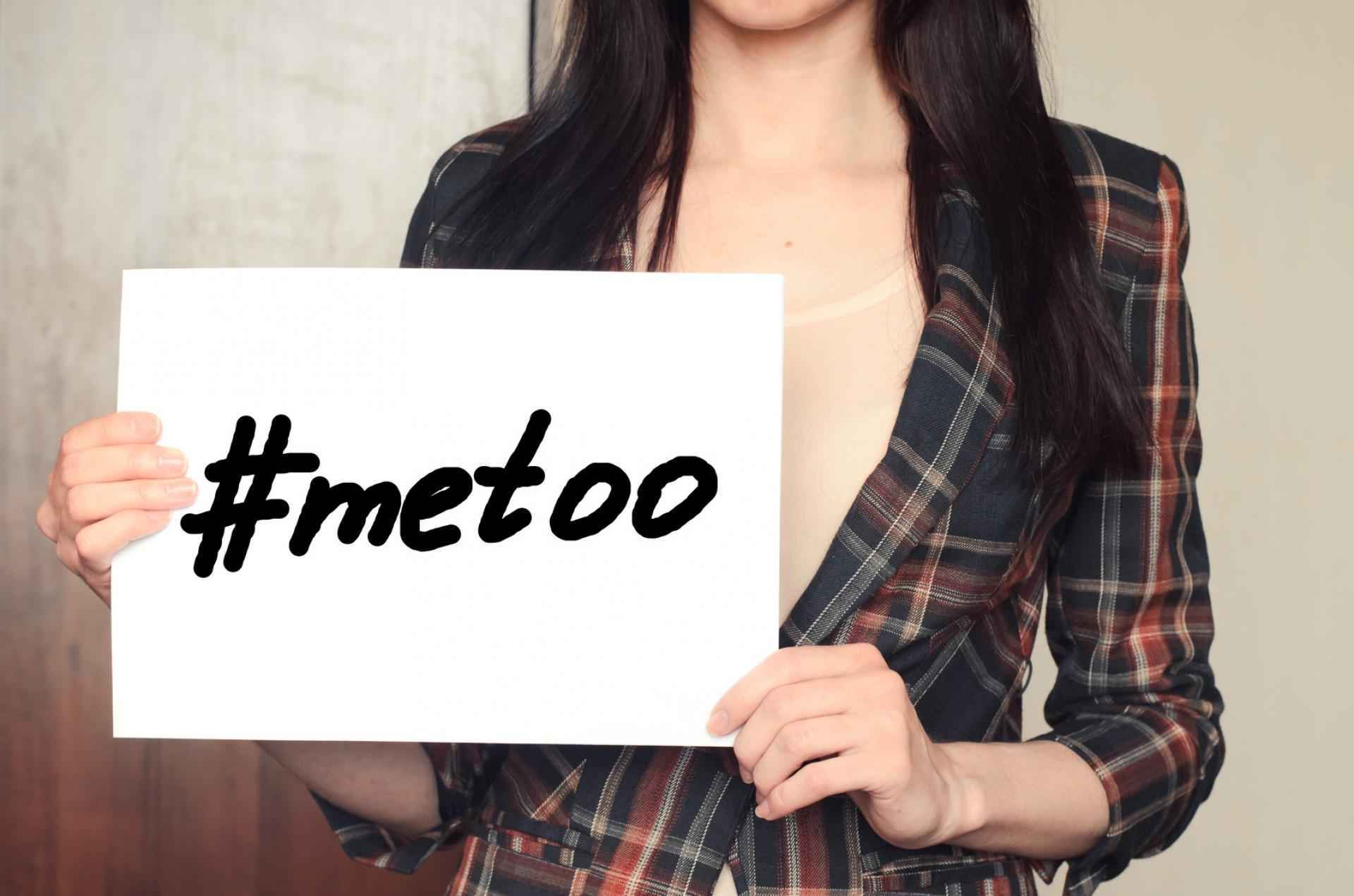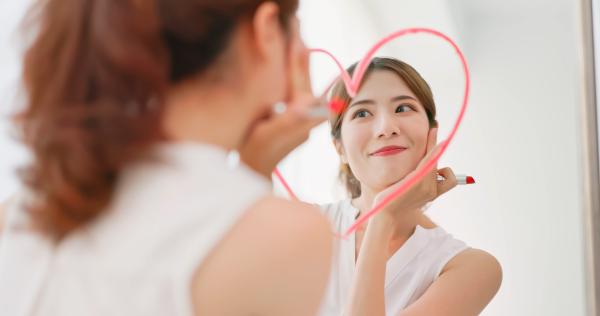Women and Sexual Assault


With all these #metoo revelations happening across the globe, women everywhere are gaining a strong voice they never seemed to have before to speak out about sexual assault. It’s not that sexual assault never happens, just that no one ever talks about it -- until now.
Dr. Steve McGough walks us through why women have such a hard time speaking up about sexual assault, and how movements like #metoo are such an incredible step in the right direction for women and society as a whole.
Stigmas and Stereotypes
The sexual stigma around women's sexuality has made it so if they are assaulted "sexually" it's not acceptable for them to talk about it.
However, as a comparison, if someone had a history of physically assaulting women (or men) repeatedly, their behavior would have been stopped years ago.
Even if a very professionally powerful woman spoke up about this in the past, she would be going up against a whole societal paradigm. Only with multiple women standing up and demanding this abuse stops will things change because otherwise society would likely have quietly judged the woman, then simply moved on.
Why #metoo is So Important
So, I applaud the women who have been brave enough to face this and publicly speak about it. Their actions will hopefully give other women the courage to speak up, and over time cause this cultural artifact of double standards for women to change.
To clarify, there are a few very unfortunate cultural patterns that tend to exist that I believe are fundamental to what is going on.
Most cultures (of the past and today) teach women from a very young age that they shouldn't openly talk about sexual topics -- particularly, to express their own sexual interest.
This is "enforced" by both cultural trends that in some cases might cause them to lose their job; as well as being shamed by their peers (both male and female).
Blaming the Victim
So, when a woman is sexually assaulted, they aren't often comfortable talking about the topic because they're both often fundamentally embarrassed and the question can come up: Did they play some role in causing the assault?
Another sad cultural pattern is the belief that the woman must hide her sexuality (in how she dresses, acts, etc.) or that "men won't be able to control themselves." If a woman does say or wear something sexually open, in the past it could be implied that she might be to blame. In some cultures, women are still required to wear head covers. In the 1800s it was believed that if men saw women's ankles they'd "lose control.”
Paradoxical Messages
Today, our culture creates complete paradoxes where women are both objectified and displayed in swimwear, etc. publicly (but not nude), while at the same time are told to be "proper."
This creates a situation where it's difficult to talk about these topics and there's a very real concern about losing your job or credibility as a woman today.








